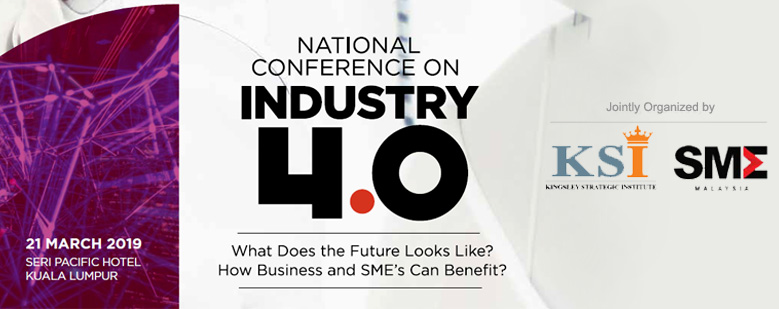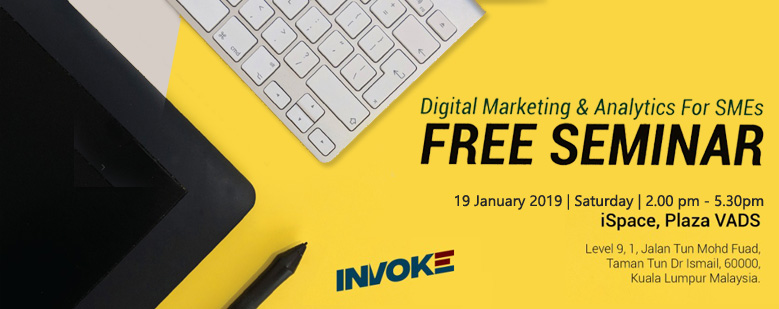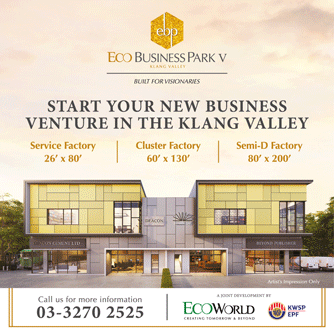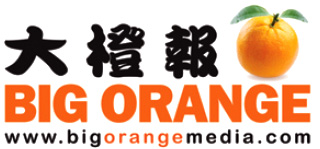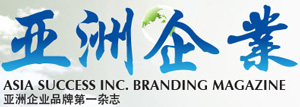Govt to boost SMEs role under master plan
[ 05-05-2015 ]
Govt to boost SMEs role under master plan
KUALA LUMPUR: The International Trade and Industry Ministry (MITI) aims to boost the small and medium enterprises’ (SMEs) role in the country’s development under the SME Master Plan in the next five years.
Its Minister Datuk Seri Mustapa Mohamed said on Thursday the government hoped to improve the SMEs' contribution to the country by 2020 as they account for 98% of the businesses in the country.
Among others, the 33% contribution to the country’s gross domestic products (GDP) will be improved to 41% in five years. Employment opportunities created by SMEs is expected to improve to 62% from 58% now and exports to increase to 25% from 17% currently.
“We will also look into narrowing the gap of SMEs between Sabah and Sarawak and Peninsular Malaysia,” he said during the launch of the MITI Report 2014.
Among the measures are: to improve connectivity and basic amenities, review restrictive laws and policies as well as to ease market access.
He said about 55% to 58% of SMEs provided services and the ministry would assist small and micro enterprises as well.
On foreign investments, he said money being poured into the oil and gas sector was still robust.
Updating the progress on the ASEAN Economic Community, he said 90.5% of the measures under the AEC Blueprint had been implemented.
He adds intra Asean trades is expected to increase to 40% by 2050 from 24% currently. Malaysia’s trade with other Asean countries comes in above that at 26%.
For last year, Malaysia’s total trade grew by 5.9% to RM1.4 trillion from RM1.37 trillion in 2013. Our top five partners are China (14.3%), Singapore (13.4%), Japan (9.5%), USA (8.1%) and Thailand (5.5%).
The top five major exports were electric and electronics (33.4%), petroleum products (9.2%), liquefied natural gas (8.4%), chemical and chemical products (6.7%) and palm oil (6.1%).
Meanwhile, imports were electric and electronics (27.9%), petroleum products (11.7%), chemical and chemical products (9.1%), machinery, appliances and parts (8.4%) and manufactures of metal (6.1%).
The amount of investments approved has also increased to RM236bil last year from RM141.6bil in 2009.

